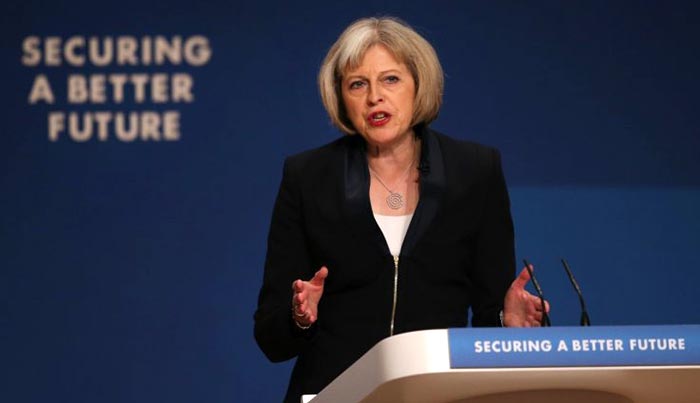Under a new Investigatory Powers Bill internet firms would have to keep records of user activity for a period of 12 months. The draft bill will be published in the House of Commons today and be studied and discussed by both the Commons and the Lords before being voted on next year.

A spokeswoman for British PM David Cameron described the new bill as "one of the most important pieces of legislation during this parliament because it goes ... to the heart of the government's duty to keep the British public safe." Interior Minister Theresa May sought to distance this new bill from a previous initiative that was dubbed a 'snoopers' charter' by giving various reassurances. May said that there would be no automatic powers to sift through a person's browsing history. A senior judge would have to look into the case and give authorisation for investigation.

New strict safeguards on user data would be put in place including a new offence of misuse of data. Security chiefs say that they are not interested in your browsing and shopping habits. The powers are earmarked only for use against the likes of "terrorism suspects, organised criminals and people involved in abuse, exploitation and kidnappings," reports the BBC. Online activity shouldn't provide a safe haven for criminals, say the bill supporters.
The depth of the proposed browsing details being recorded sounds rather shallow. The data recorded would be just the root domain address, not the specific pages at the addresses visited. No search terms entered would be recorded.
One of the big problems with anyone storing user data isn't what they will do with it but that it can then get into the wrong hands. This is something we have seen repeatedly with even technology savvy and/or computer security business based corporations leaking data.













